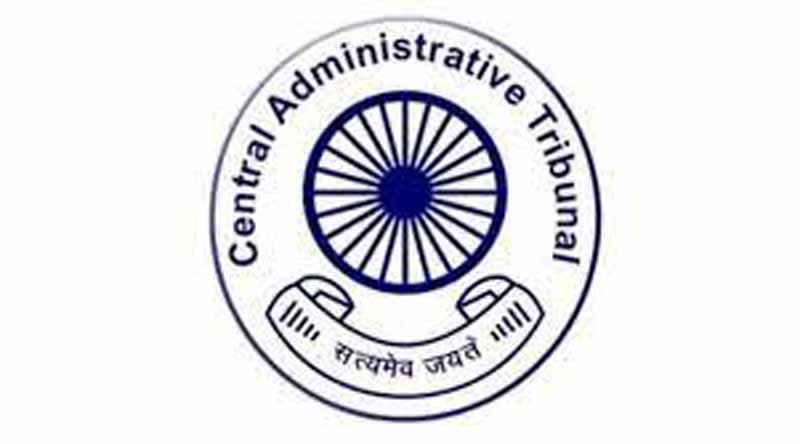In a significant decision, the Central Administrative Tribunal (CAT) in Srinagar emphasised the critical need for timely consideration of compassionate appointments. The ruling underscores the essence of such appointments in alleviating the financial distress of families who have lost their breadwinners. However, the delay in processing these applications undermines the very purpose they serve, leading to prolonged hardships for the affected families. This issue warrants urgent attention and reform to ensure that justice is not only served but also seen to be served. Compassionate appointments are not mere bureaucratic procedures; they represent a lifeline for families grappling with the sudden loss of their primary earners. These appointments are rooted in empathy and the recognition of the socio-economic vulnerabilities faced by bereaved families. It is important to acknowledge the emotional and financial toll exacted by such tragedies and respond with compassion and efficiency.
The CAT’s directive rightly emphasises that compassionate appointments must not be subject to unnecessary delays. When a family loses a loved one who was the sole or primary source of income, they face immediate and pressing financial challenges. Delayed decisions exacerbate these challenges, pushing families into prolonged financial distress and uncertainty. Moreover, the tribunal’s observation regarding prolonged delays is significant. Policies regarding compassionate appointments are designed to provide timely support to families in need. When these policies are not implemented promptly, their intended benefits are nullified, leaving families in limbo. It is essential to bridge the gap between policy intent and implementation to ensure that compassionate appointments serve their intended purpose effectively.
The CAT’s reference to the Supreme Court’s judgement underscores the legal precedent and the need for adherence to established principles. The judiciary plays a crucial role in safeguarding the rights of individuals, particularly in matters as sensitive as compassionate appointments. Certainly, there are instances where legal heirs of deceased employees pursue legal action to claim various benefits, which can contribute to delays in determining the allocation of benefits. Family disputes can pose challenges for authorities, leading to prolonged decision-making processes. However, extending delays beyond a reasonable timeframe for typical compassionate cases is unjustifiable.
The case of Shameema Akhter highlights the human dimension underlying the issue of compassionate appointments. Akhter’s plea for a timely decision on her claim reflects the desperation and uncertainty experienced by many families in similar situations. The loss of her husband not only left her emotionally shattered but also plunged her into financial instability, with a young daughter to support. The role of legal counsel in advocating for the rights of individuals like Akhter cannot be overstated. Legal representation ensures that the voices of the marginalized are heard and that justice is pursued diligently. In this case, the efforts of Akhter’s counsel in presenting her case before the tribunal contributed to the acknowledgement of her rights and the issuance of directives for timely action.
On the other hand, the Government’s acknowledgement of compassionate appointments as a means to alleviate the sufferings of bereaved families is commendable. However, it is essential to move beyond mere acknowledgement and translate this recognition into concrete action. Compassionate appointments should not be viewed as discretionary favours but as a rightful entitlement for families facing distressing circumstances. Keeping in view the prevalent circumstances, there is a pressing need for systemic reforms to streamline the process of compassionate appointments. This includes establishing clear timelines for the consideration of applications, enhancing transparency in decision-making, and providing adequate support and guidance to bereaved families navigating the process. Additionally, mechanisms for monitoring and accountability should be put in place to ensure compliance with established guidelines.
Trending Now
E-Paper


